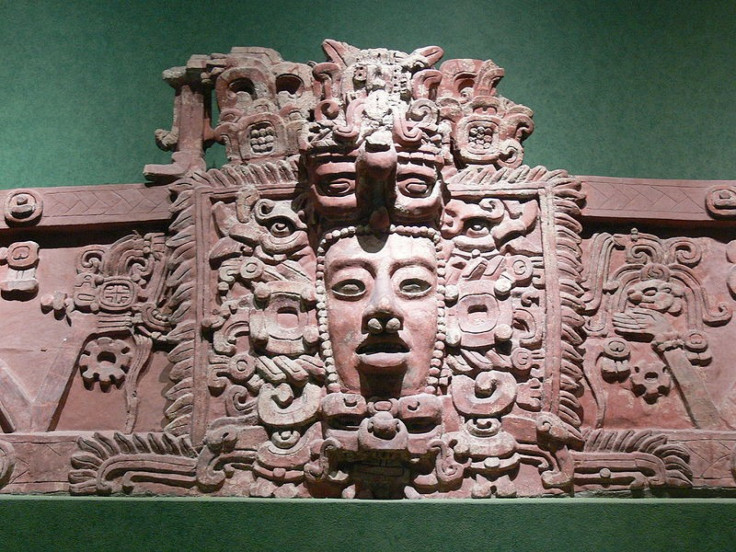Will The Mayan Apocalypse Actually Happen? History Is Full Of Failed Doomsday Prophecies

Someone, or something, predicting the end of the world is hardly new. The so-called Mayan Apocalypse (not called that by the Maya) is supposed to come Friday, but chances are there will be no doomsday.
The end of the world is scheduled for Dec. 21, 2012, according to the Mayan apocalypse prediction, but that's not the first time Earth or humanity has faced doomsday.
As history has shown us, many other supposed end of days that have come and gone. Here are a few other failed doomsday scenarios.
According to Damian Thompson's “The End of Time: Faith and the Fear in the Shadow of the Millennium,” one of the earliest known end of the world prophecies occurred in 634 BC. Some Romans believed their city would be destroyed according to a myth of 12 eagles, each representing 10 years, who told Romulus, the mythical founder, when the city would end. The end of 120 years was 634 BC.
It didn't happen, and Rome went on to conquer the western world. While that was perhaps the earliest example of a failed doomsday prophecy, there have been hundreds more scattered throughout history.
While many were concerned about Y2K, the link to the new millennium and a possible doomsday scenario also happened in 1000 AD. Business Insider notes that many Christians believed their new millennium meant the Second Coming of Jesus, which led many to get rid of all their earthly possessions.
Much like 2000, 1000 A.D. came and went without much incident. While many doomsday scenarios are based on religion, there have been other notable end of the world prophecies based on other beliefs.
In one of the stranger doomsday prognostications, a hen was the key. In 1806, “The Prophet Hen of Leeds” was just that, a hen that supposedly produced rather prophetic eggs. The eggs had the phrase “the Christ is coming,” which led many to believe that the end was nigh, notes Wired. The prophetic hen of course turned out to be just a hoax and Earth kept spinning.
One of the more popular failed doomsday prophecies occurred in America in 1843. William Miller had thousands of followers convinced that the end of the world was scheduled for March 21, 1843, notes Business Insider. Miller got this date by closely analyzing and interpreting the Bible, reports Live Science.
That date came and went and Miller produced several other dates that also came and went without any doomsday. The Millerites soon disbanded and some of them founded the Seventh-Day Adventist Church.
Other apocalypse scenarios looked to outer space. The passing of Halley's Comet in 1910 was the occasion of much angst. Earth was going to pass through the tail of Halley's Comet as it made its orbit past Earth. Many feared the possible deadly effects of cyanogen, a gas found within the makeup of a comet's tail, and scientists had to step in and prove that Earth was not in any danger, notes Live Science.
Unfortunately, some doomsday prophecies have led to deaths. One of the saddest involved the Heaven's Gate cult in 1997. Marshall Applewhite and 38 of his followers committed suicide outside San Diego, believing the Earth was doomed and they would be spirited away to an alien spacecraft that was traveling behind the comet Hale-Bopp.
Other prophecies, including the Y2K hysteria as well as an interpretation of one of Nostradamus' quatrains predicting the end of the world in July 1999, have also passed without any real long-term impact on Earth or humanity's survival.
Most recently, Harold Camping, president of the Family Radio Network, had predicted the end of the world in 2011, reports Business Insider. On May 21, there were supposed to be earthquakes that signaled the end of the world. When those earthquakes did not occur, Camping revised the date to Oct. 21, which also passed uneventfully.
The Mayan apocalypse may very well be another in the long list of failed doomsday prophecies. With the increased awareness, due to the Internet, social media sites and television, the Mayan apocalypse has been scrutinized, dissected and ultimately, shrugged off as nothing more than another case of overblown hype.
© Copyright IBTimes 2024. All rights reserved.






















